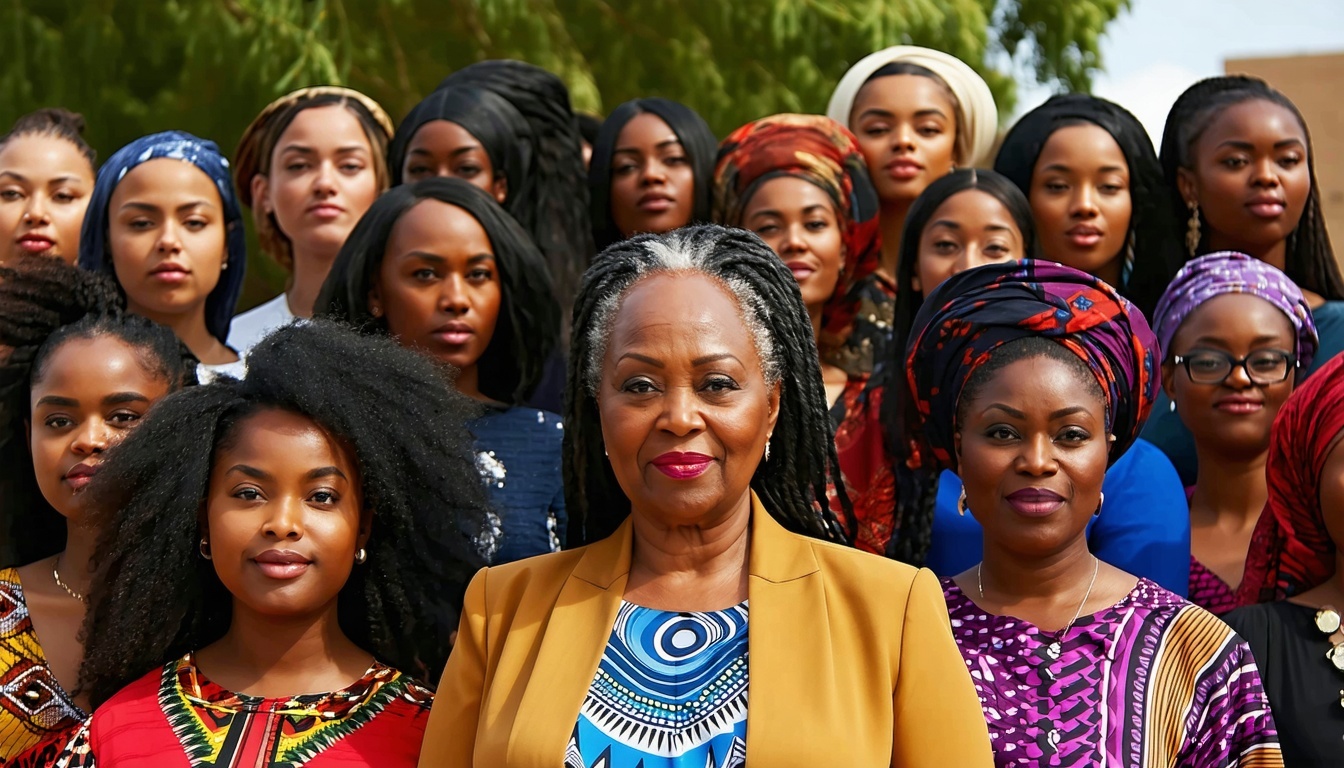Uncover the critical facts about the legal status of abortion in South Africa and understand your...
Understanding Abortion Laws and Access in South Africa

Navigating the complexities of abortion laws and access in South Africa can be challenging. This blog provides a detailed look at the legal landscape and the realities on the ground.
A Brief History of Abortion Legislation in South Africa
South Africa's journey in legalizing abortion has been marked by significant milestones. Prior to 1996, abortion laws were highly restrictive, with terminations allowed only under very limited circumstances. The tide began to change with the advent of democracy and the recognition of women's reproductive rights as a crucial aspect of gender equality.
The pivotal moment came with the enactment of the Choice on Termination of Pregnancy Act in 1996. This legislation was groundbreaking, as it aimed to provide safe and legal abortion services, significantly reducing the maternal mortality rates associated with unsafe abortions. This act has since empowered women with the right to choose, marking a significant shift in South Africa's reproductive health landscape.
Current Legal Framework Governing Abortion
The Choice on Termination of Pregnancy Act of 1996 remains the cornerstone of South Africa's abortion laws. Under this act, women can legally terminate a pregnancy upon request up to the 12th week of gestation. From the 13th to the 20th week, abortions are permitted under certain conditions, including risk to the woman's physical or mental health, fetal abnormalities, and socioeconomic circumstances.
Beyond 20 weeks, terminations are allowed if the pregnancy poses a threat to the woman's life, if there is a severe fetal anomaly, or if there is a risk of injury to the fetus. This legal framework ensures that women have access to safe, legal abortion services while balancing the ethical considerations involved in later-term abortions.
Access to Abortion Services: Urban vs. Rural
Access to abortion services in South Africa is markedly different between urban and rural areas. Urban centers, such as Johannesburg and Midrand, have a higher concentration of healthcare facilities offering both medical and surgical abortion services. These facilities are often well-equipped and staffed by trained professionals, ensuring a higher standard of care.
In contrast, rural areas face significant challenges. Limited healthcare infrastructure, a shortage of trained healthcare providers, and cultural stigmas can hinder access to safe abortion services. Women in these areas may have to travel long distances to reach urban centers, which can delay access to care and increase the risks associated with later-term abortions.
Challenges and Barriers to Safe Abortion
Despite the legal framework, there are numerous challenges and barriers to accessing safe abortion services in South Africa. Stigma and cultural beliefs surrounding abortion can deter women from seeking services, leading them to unsafe, unregulated providers. Misinformation and lack of awareness about legal rights and available services also contribute to the problem.
Financial constraints pose another significant barrier, particularly for women from low-income backgrounds who may not afford private healthcare services. Additionally, systemic issues such as inadequate training for healthcare providers and logistical challenges in rural areas further complicate access to safe and legal abortions.
Support and Resources for Women Seeking Abortions
At Allyssa Women’s Clinic, we are dedicated to providing comprehensive support and resources for women seeking abortions. Our services include both medical and surgical termination options, pre- and post-termination counseling, and detailed information on legal rights and procedural expectations.
We also offer family planning and contraceptive services to help women manage their reproductive health proactively. For those in rural areas or facing financial constraints, we provide guidance on accessing affordable services and navigating the healthcare system. Our goal is to ensure that every woman has access to safe, compassionate, and confidential care.
.png?width=200&height=65&name=Untitled%20design%20(68).png)
.png?height=200&name=Female%20medical%20doctor%20sitting%20in%20her%20office%20at%20Allyssa%20Women%20Clinic%20(1).png)

